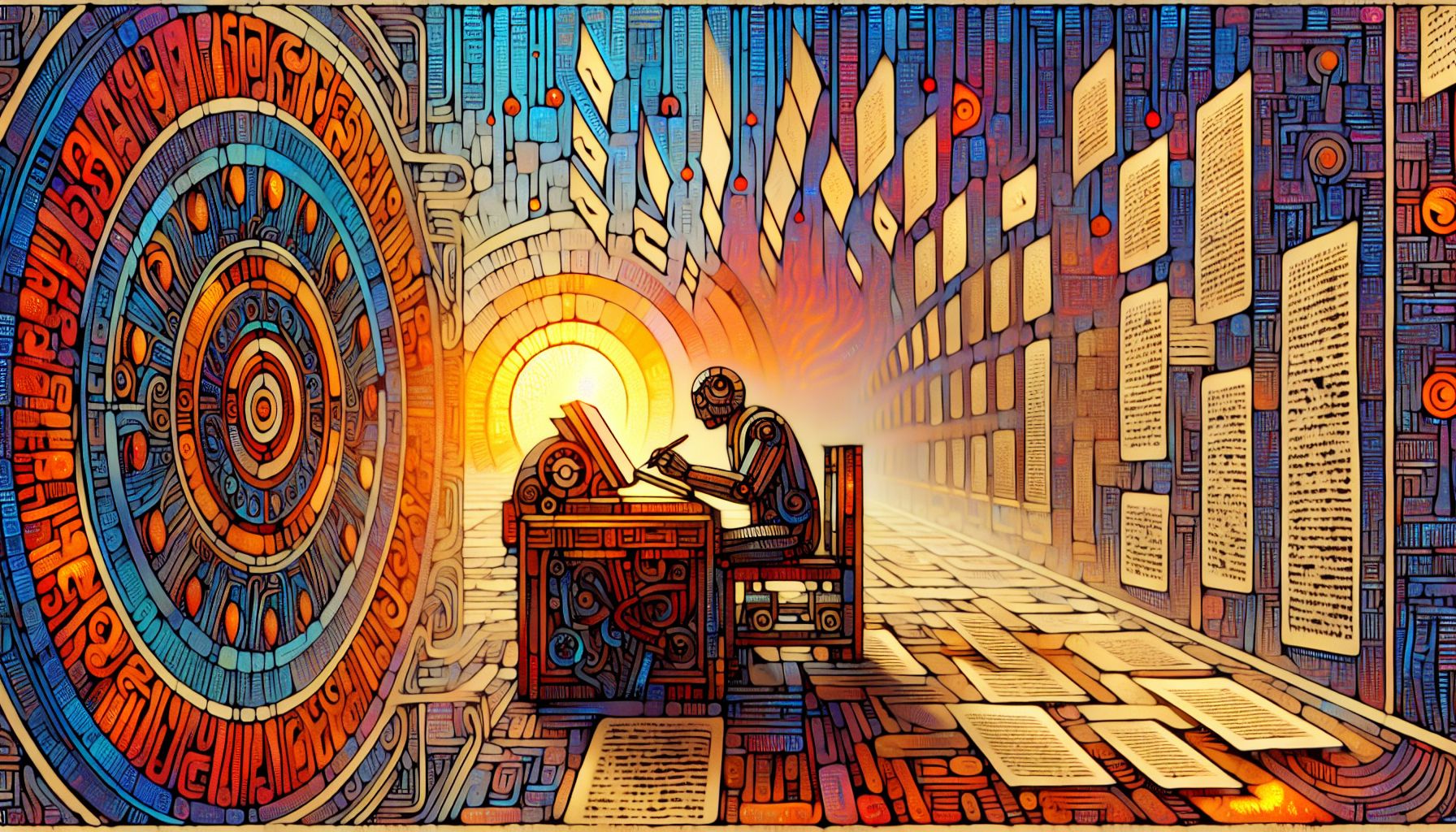TU Delft Uses AI to Unlock Insights from VOC-Era Letters

Delft, Tuesday, 7 January 2025.
TU Delft harnesses AI to search five million handwritten VOC-era letters, aiming to transform access to historical documents and understanding of the past.
Groundbreaking Historical Research Initiative
In a significant development for historical research, TU Delft initiated an innovative AI-powered analysis of VOC (Dutch East India Company) letters in 2024 [3]. The project, which involves processing five million handwritten letters from the VOC era, represents a revolutionary approach to historical document analysis [1]. This initiative, based at the Netherlands’ oldest and largest technical university [2], demonstrates the transformative potential of artificial intelligence in historical research.
AI Technology Revolutionizing Historical Analysis
The project marks a fundamental shift in historical research methodology, making previously time-consuming manual document analysis significantly more efficient [1]. Maritime historian Gerhard de Kok from the Huygens Institute is among the key researchers involved in this groundbreaking work [1]. The initiative is part of TU Delft’s broader commitment to leveraging technology for societal impact, operating within an institution that encompasses eight faculties and over 25,000 students [2].
Implications for Modern Historical Research
This technological advancement raises important questions about the future of historical research. While traditional methods of examining yellowed documents may become less common, the AI-driven approach opens new possibilities for comprehensive historical analysis [1]. The project exemplifies TU Delft’s mission of creating impact for a better society through innovative research [2], with researchers able to access and analyze historical documents through the Globalise transcription viewer [1].
Future Prospects and Ongoing Development
The initiative aligns with TU Delft’s broader focus on digital transformation and AI innovation, as evidenced by their ongoing work in various technological fields [2]. Under the guidance of experts like Pro Vice Rector Magnificus AI, Data and Digitalisation Geert-Jan Houben, the university continues to expand its digital capabilities [2]. This project represents a significant step forward in making historical documents more accessible and analyzable for researchers worldwide.

